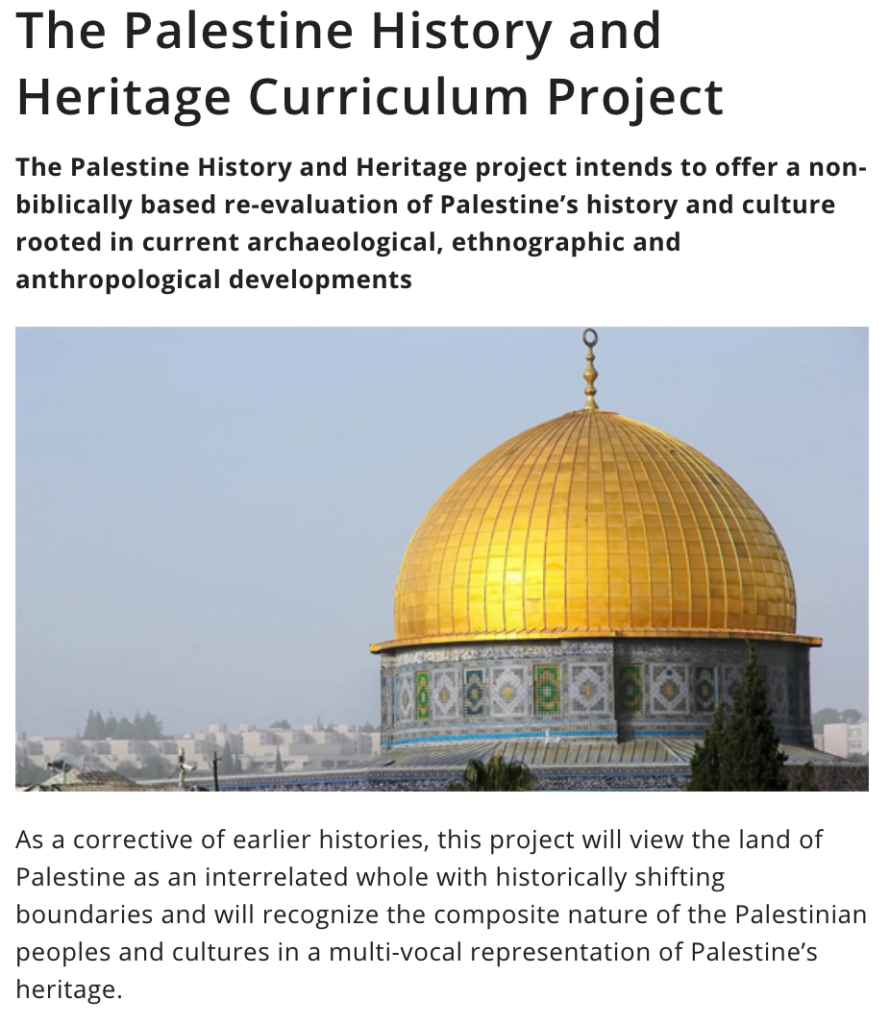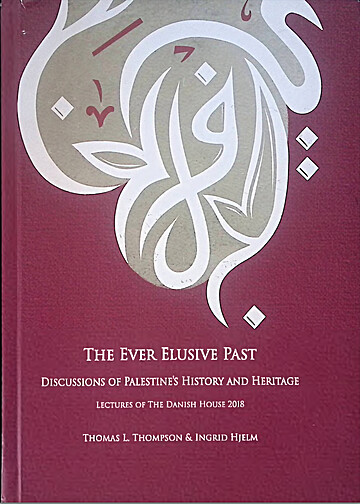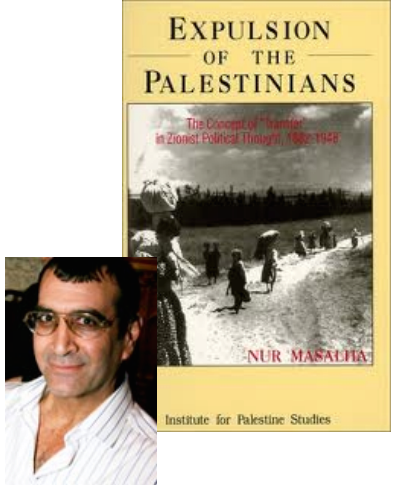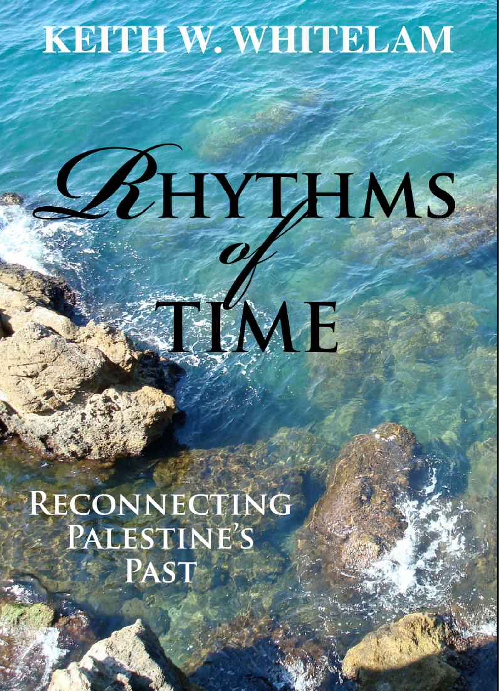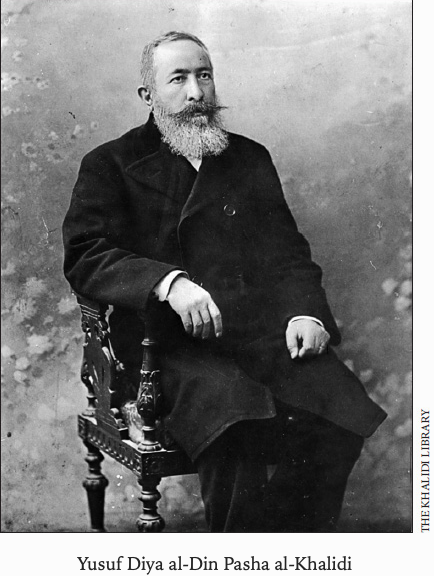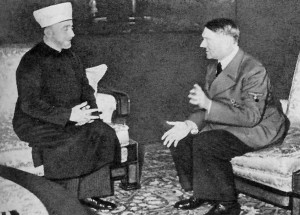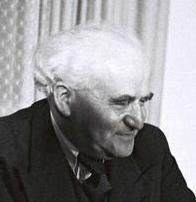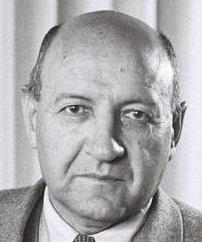 Compare . . .
Compare . . .
1 Palestinians have little basis for their claims against Zionists to the land:
A fundamentalist Christian view:
Since becoming a nation in 1948, the Israelis have developed a productive, fertile and wealthy nation in a desert wasteland. They have been outstanding custodians of their homeland. . . .
. . . . many Palestinian Muslims believe they also have a religious claim to the land of Palestine. That is why they have fought and will continue to fight so ferociously for it.
When Jews began to immigrate to Palestine in large numbers in 1882, fewer than 250,000 Arabs lived there, and the majority of them had arrived in recent decades. Palestine was never an exclusively Arab country, although Arabic gradually became the language of most of the population after the Muslim invasions of the seventh century. No independent Arab or Palestinian state ever existed in Palestine. When the distinguished Arab-American historian, Princeton University Prof. Philip Hitti, testified against partition before the Anglo-American Committee in 1946, he said: “There is no such thing as ‘Palestine’ in history, absolutely not.” In fact, Palestine is never explicitly mentioned in the Koran . . . .”
Prior to partition, Palestinian Arabs did not view themselves as having a separate identity. When the First Congress of Muslim-Christian Associations met in Jerusalem in February 1919 to choose Palestinian representatives for the Paris Peace Conference, the following resolution was adopted:
We consider Palestine as part of Arab Syria, as it has never been separated from it at any time. We are connected with it by national, religious, linguistic, natural, economic and geographical bonds.
In 1937, a local Arab leader, Auni Bey Abdul-Hadi, told the Peel Commission, which ultimately suggested the partition of Palestine: “There is no such country [as Palestine]! ‘Palestine’ is a term the Zionists invented! There is no Palestine in the Bible. Our country was for centuries part of Syria.”
The Jewish Policy Center:
“A land without a people for a people without a land” is a phrase that gets under the skin of most Palestinians, who think that the authors of the phrase looked at Ottoman Palestine, did not see them, and instead saw an empty land. Yet perhaps this phrase would have made sense if we zoomed in on the meaning of the word “people.”
Whoever coined the phrase that became a Zionist slogan did not use the word people to describe a bunch of humans dwelling on a certain land. People, in this phrase, is used to mean a nation, a state or a nation-state.
Before 1948, the Arabs who lived in Palestine had never organized themselves in a state, but had, for centuries, lived as subjects of empires that ruled them from faraway capitals, such as Damascus, Cairo, Baghdad, and Istanbul. In the history of the Arabs, Jerusalem never served as the seat of any dynasty and never practiced sovereignty. At best, the city served as a provincial capital. In this sense, when the Zionists looked at Ottoman Palestine, they did not see a nation-state. They saw Arab provinces of successive empires, Arab or Turkish. This is why the land looked one without a people, that is without a nation state.
Historically, the word “Palestinian” did not refer to Arabs living in the region, but to the region itself. Some 100 years ago, the land was administered by the British, and its inhabitants were Jewish, Christian and Muslim – all of whom were identified as “Palestinian.” However, for most, their primary identity was not their nationality, but their religion.
Indeed, many Arabs bristled at being called “Palestinian,” voicing strong opposition to the label. Instead, they saw themselves first and foremost as Arabs or Muslims. Only in the mid-1960s was the word co-opted to mean Arabs.
Hence, before 1948, it would not have made sense to talk about Palestinians as opposed to Jews. The population was divided into two primary groups: Jewish and Arab.
This makes sense because a sovereign Palestinian state never existed. Therefore, there were no “Palestinian lands.” Rather, the land was part of the Mandate for Palestine, a geographical area controlled by the British after the collapse of the Ottoman Empire at the end of the First World War.
From The Rohr Jewish Learning Institute:
The Palestinian peasant was indeed being dispossessed, but by his fellow-Arabs: the local sheikh and village elders, the Government tax-collector, the merchants and money-lenders; and, when he was a tenant-farmer (as was usually the case), by the absentee-owner. By the time the season’s crop had been distributed among all these, little if anything remained for him and his family, and new debts generally had to be incurred to pay off the old. Then the Bedouin came along and took their “cut”, or drove the hapless fellah off the land altogether.
This was the “normal” course of events in 19th-century Palestine. It was disrupted by the advent of the Jewish pioneering enterprise, which sounded the death-knell of this medieval feudal system. In this way the Jews played an objective revolutionary role. Small wonder that it aroused the ire and active opposition of the Arab sheikhs, absentee landowners, money-lenders and Bedouin bandits.
Comment:
. . . . Note that the local Arabs never claimed that they had a sovereign country.
. . . with
2 a humanist perspective, stripped of Eurocentric beliefs in the primacy of nationalist feelings:
[This history] refers to the groups that as a rule live outside the realm of politics and power. . . . The narrative is clear; it begins with a society in Palestine as remote as possible from politics in the late Ottoman period . . . .
They are not one mass of people. They are grouped according to choice in small social units, usually households. But, with time, they prefer to define themselves via ethnicity, gender, occupation, class or culture. They change at will, but at times are forced to, not always to their advantage. Their world is a mix of material necessity and spiritual solace. Many of them are closely connected to the land where they live or chose to settle on. They cling to the land or to their property not from a national imperative to protect the mother/fatherland, the entity, but for much more mundane and at the same time humane reasons.
These local actors are leaders as well as ordinary members of the community. They are Palestine’s women and children, peasants and workers, town dwellers and farmers. They are defined according to their religious or ethnic origins as Armenians, Druzes, Circassians, or Mizrahi and Ashkenazi Jews, as well as to their views on religion, whether secular, orthodox or fundamentalist. In writing about them, definitions call for a balance between their own claims and the author’s understanding of what groups them together. Feeding a family, staying on the family land or attempting to make a new life on foreign soil can be portrayed as patriotism or nationalism: for most people it is an existentialist and survivalist act. (bolding added)
So begins (pages 8-9) the history of the land by a Jewish historian:
- Pappé, Ilan. A History of Modern Palestine: One Land, Two Peoples. Cambridge University Press, 2004.
(I am reminded of the way our nineteenth century ancestors (who had migrated thousands of miles from their homeland) erroneously portrayed the Australian aborigines as “nomadic”, with the implication that they had no notion of attachment to any land. It is a colonialist mind-set that has always “justified” ethnic cleansing and genocide. (I use the word “genocide” according to its meaning as defined by the originator of the word, Raphael Lemkin.)

